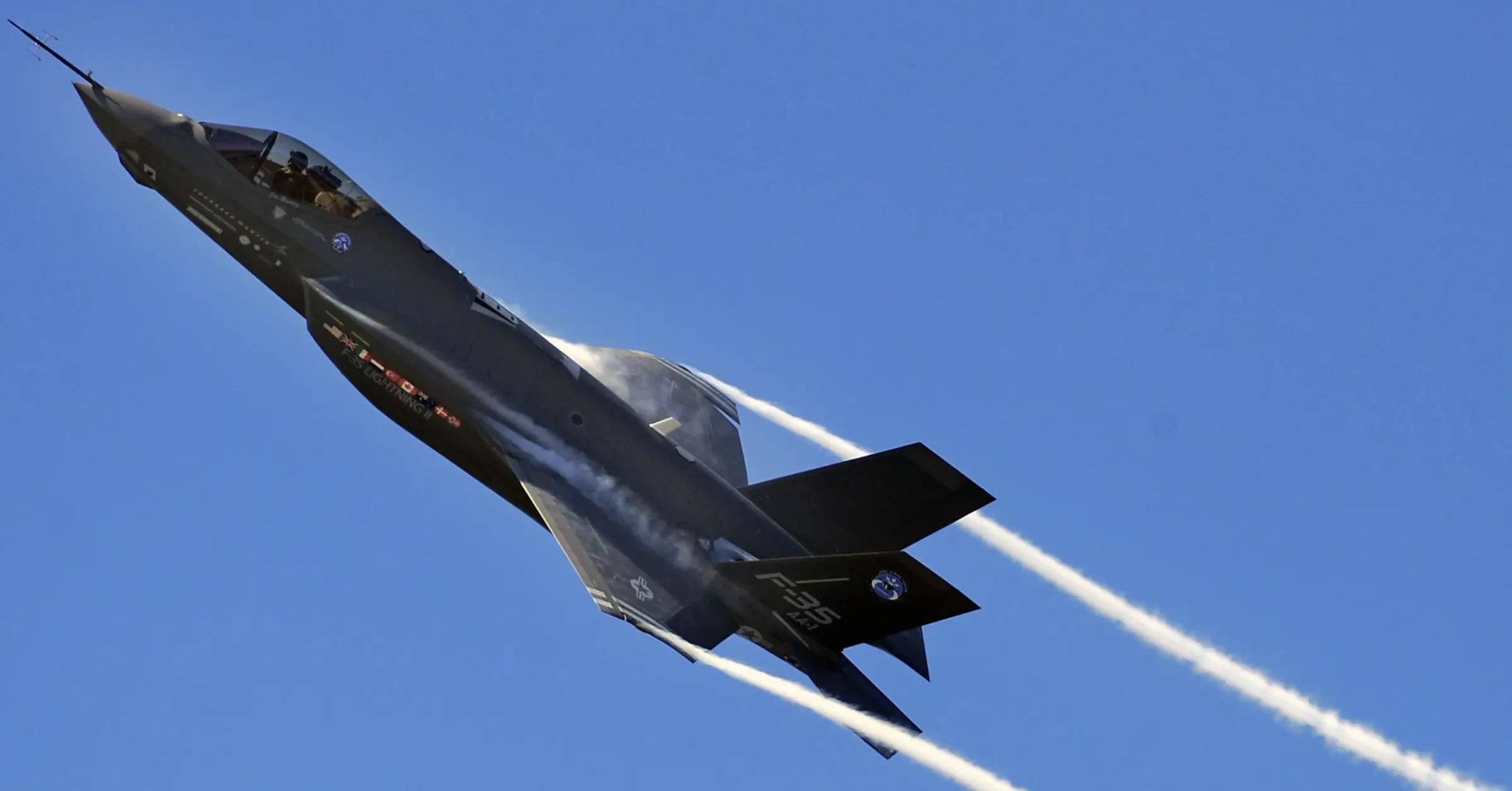In a harrowing incident that unfolded in the skies above South Carolina, a skilled F-35 pilot narrowly escaped disaster as he ejected from his $100 million stealth fighter amidst severe weather conditions. This dramatic event has raised questions about the circumstances leading up to the ejection and the technology behind the F-35’s tracking capabilities.
Longtime military aviation expert and consultant Richard Aboulafia shed light on the incident, suggesting that the pilot may have been operating the advanced stealth fighter without its tracking capabilities activated. Aboulafia posited that the pilot might have made a life-saving decision to eject from the aircraft before he could activate the tracking systems, potentially preventing an even more catastrophic outcome.
State law enforcement officers swiftly responded to the incident, officially identifying the downed plane on Monday. In response to the situation, they closed off a one-mile stretch of road in Williamsburg County to ensure public safety and to commence their investigation into the incident.
Local residents living in the rural area near the crash site reported hearing an ear-piercing screech followed by a massive boom that shook their homes. This terrifying sequence of events served as a stark reminder of the inherent risks associated with military aviation, especially in adverse weather conditions.
The F-35, renowned for its cutting-edge technology and stealth capabilities, is one of the most advanced fighter jets in the world. However, as this incident highlights, even the most sophisticated aircraft can encounter challenges when faced with unpredictable weather conditions.
As authorities continue to investigate the incident and gather more information, questions regarding the specific circumstances leading up to the pilot’s ejection and the aircraft’s tracking capabilities will undoubtedly be addressed. The safety of military personnel and the reliability of advanced aircraft systems will remain paramount concerns in the wake of this dramatic ejection over South Carolina.











